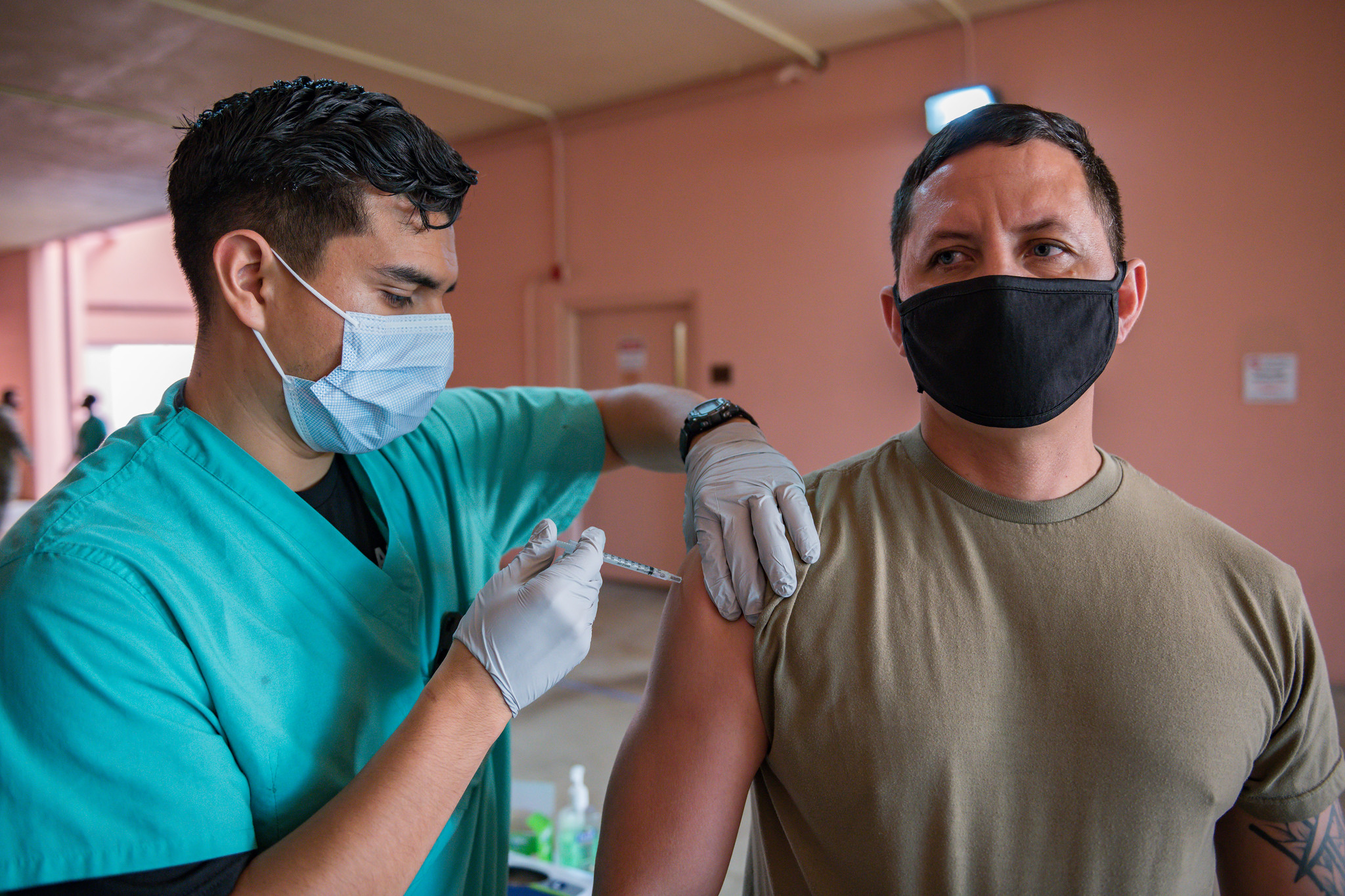
Native Hawaiians/Pacific Islanders (NH/PI) represent the third fastest growing minority population, according to the U.S. census. However, they remain both understudied and underserved. The lack of health and healthcare related data to evaluate the status of the population limits the development of meaningful interventions and policies. A few available representative studies detail that NH/PI’s face disproportionately elevated risk for chronic disease, high rates of poverty, mortality, and are also underinsured. Two studies now report that NH/PIs have been deeply affected by the COVID-19 pandemic.
Andrew Subica, an Associate Professor in UCR the School of Medicine’s department of Social Medicine Population and Public Health, led research groups that surveyed more than 300 NH/PIs from April to November 2021 in states with large NH/PI populations. They published their findings in two journals.
The researchers found 30% of the NH/PI participants reported being diagnosed with COVID-19, 16% had close family members who died of the disease, and approximately 50% of the participants reported having a close family member with COVID-19.
According to Subica, factors that increase NH/PI’s risk for exposure to COVID-19 include employment in essential frontline positions, living in dense households and neighborhoods, and traditional socio-cultural practices that involve large in-person group contact.
Subic concludes that their empirical findings reveal the nature of the impact of COVID-19 on NH/PI communities in the United States and suggests developing meaningful interventions to improve NH/PI community health, vaccination, and recovery from COVID-19.
The second paper found NH/PI communities experience high levels of alcohol, tobacco, and other drug use, depression, anxiety and unmet treatment during COVID-19. 47% and 22% of NH/PI adults reported current alcohol and cigarette use, while 35% reported lifetime illicit substance use. These risk factors combined with NH/PIs’ preexisting obesity, diabetes, smoking, cardiovascular disease and cancer have led to severe COVID-19 outcomes. Despite these glaring extremities of COVID-19 illness and death, there are no known studies to partner with NH/PI communities to identify their behavioral health needs during COVID-19.
Nonbinary NH/PIs had the highest rates of lifetime and current use of cigarettes, e-cigarettes, cannabis, prescription opioids and methamphetamines. Nonbinary NH/PIs also had the highest mean severities of depression, anxiety and COVID-19 distress, and greatest prevalence of major depressive disorder (37%) and general anxiety disorder (24%). While nonbinary sample was relatively small, the findings combined with the higher rates of severe harm experienced by many gender minorities suggest the need for further research exploring the behavioral health needs of these individuals at-risk.
The paper suggests that the limitations of the study should elicit further studies that explore systemic barriers to NH/PI treatment engagement: high costs, lack of health insurance, lack of culturally appropriate services, especially for gender minorities who reported high treatment needs but low treatment use.
Both studies necessitate culturally responsive prevention, intervention, and recovery programs that must be implemented to reduce NH/PI substance use and mental health disparities during and after the COVID-19 pandemic. Evidence-based data and translational research in NHPI communities is affirmed to be essential to reduce health disparity and contribute to health equity.








